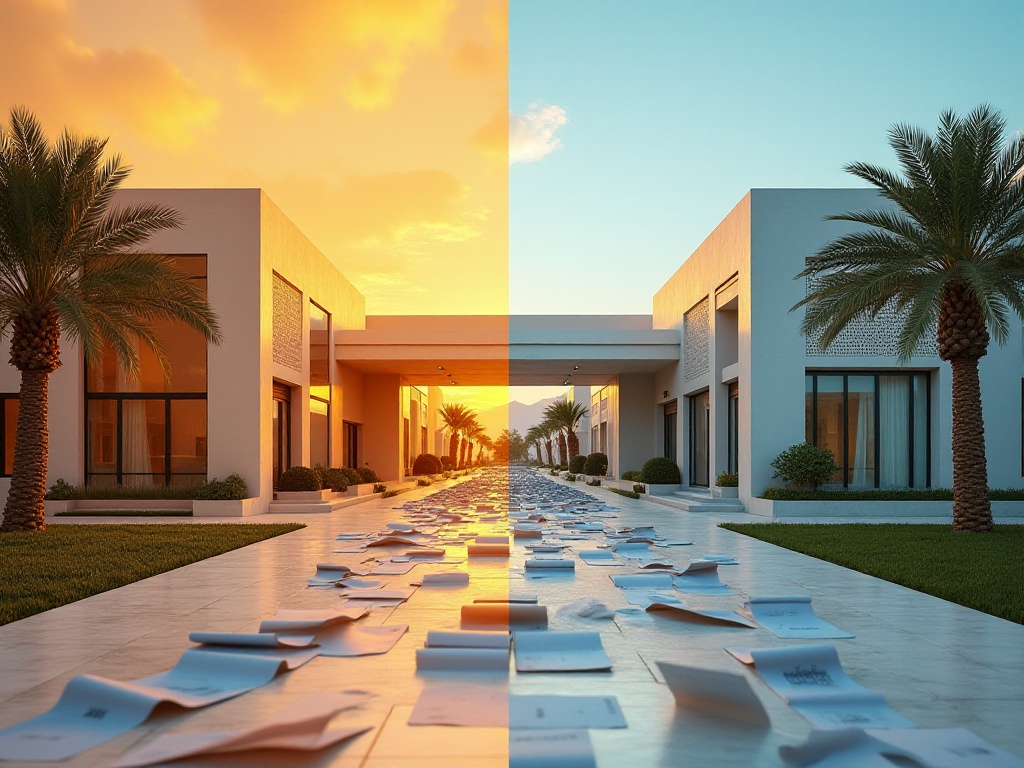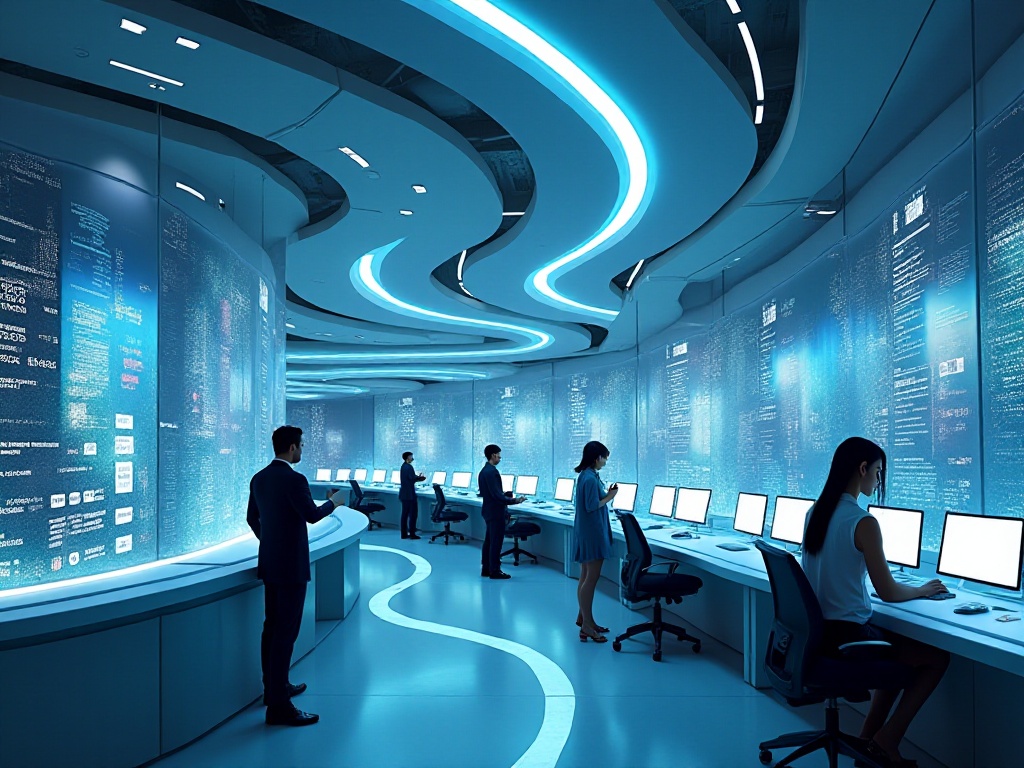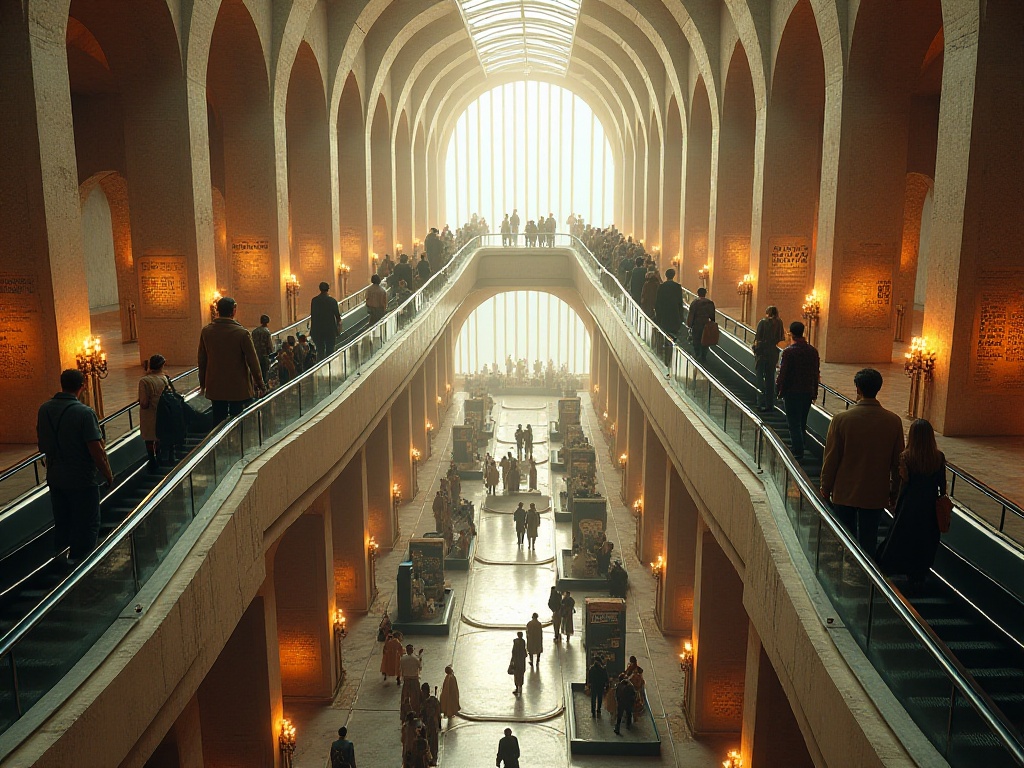As someone who just completed their U.S. visa interview, I must share my journey with everyone. To be honest, before the interview, I was so nervous that I couldn't sleep well for several days, and even dreamed about how to answer the visa officer's questions. I spent days reading experience posts until I was nearly obsessed. But after actually going through it, I just want to say: Wow, the U.S. visa interview really isn't the intimidating "final boss" level challenge we imagine it to be!
Let me start by explaining some basic knowledge about U.S. visas. The U.S. visa system is arguably the most professional and standardized visa system in the world. The entire system is divided into immigrant and non-immigrant visas, and for most of us regular folks, we most commonly deal with B-category visas within the non-immigrant visa category.
Speaking of B-category visas, they mainly include B1 business visas and B2 tourist visas. However, nowadays most people receive B1/B2 combination visas, which are incredibly convenient as they can be used for both tourism and business trips. Plus, they usually have a 10-year validity period, meaning once you get this visa, you don't have to worry about visa issues for trips to the U.S. for the next decade.
When researching visa types, I discovered some interesting details. For instance, B1/B2 visas can be used not only for regular tourism and business activities but also for attending conferences, business negotiations, and even short-term training courses. This flexibility really impressed me. However, it's important to note that this visa does not permit paid work in the U.S. - this point must be remembered.
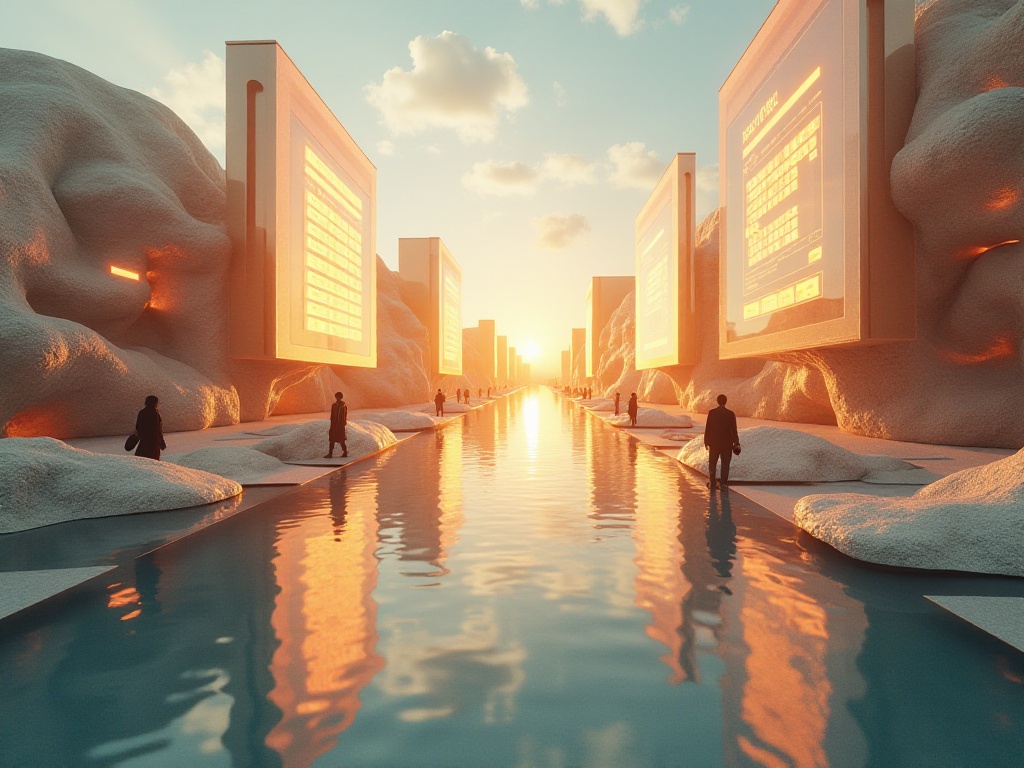
To be honest, preparing the materials was a bit troublesome, but looking back now, it wasn't really that complicated. Let me share my preparation process in detail.
First is filling out the DS-160 form. This form is arguably the most important document in the entire visa application process, bar none. It records detailed information about your personal information, educational background, work experience, family situation, and even requires listing all the countries you've visited. I remember putting a lot of effort into this form, taking two evenings to complete it.
Here, I want to especially remind everyone that when filling out the DS-160, you must be truthful and not think you can get away with casual answers. The visa officers have access to verify much of your information, and if they discover false information, it can cause serious problems. When I was filling it out, I followed the principle of "better to write more than to falsify," and detailed all the information I could think of.
Scheduling the interview time is also crucial. The appointment system is now completely online, which is really convenient. I remember hearing that scheduling visa interviews used to require long queues, but now it's just a matter of clicking online - this change is really touching.
However, I want to share a small tip about scheduling appointments. Different consulates have different appointment availability. For example, when I was scheduling, the Beijing appointment time was three months away, but I found that the Guangzhou consulate had more flexible timing, so I ultimately chose to interview in Guangzhou. So I suggest checking the schedules of several consulates when making appointments and choosing one with a relatively shorter waiting time.
Regarding materials preparation, besides the essential passport, DS-160 confirmation page, and visa fee payment receipt, I prepared a lot of supporting documents. These included employment verification, income proof, property deed copies, bank statements, etc. Although the visa officer didn't even look at these materials during the interview, being well-prepared is never a bad thing - at least it gives you peace of mind.
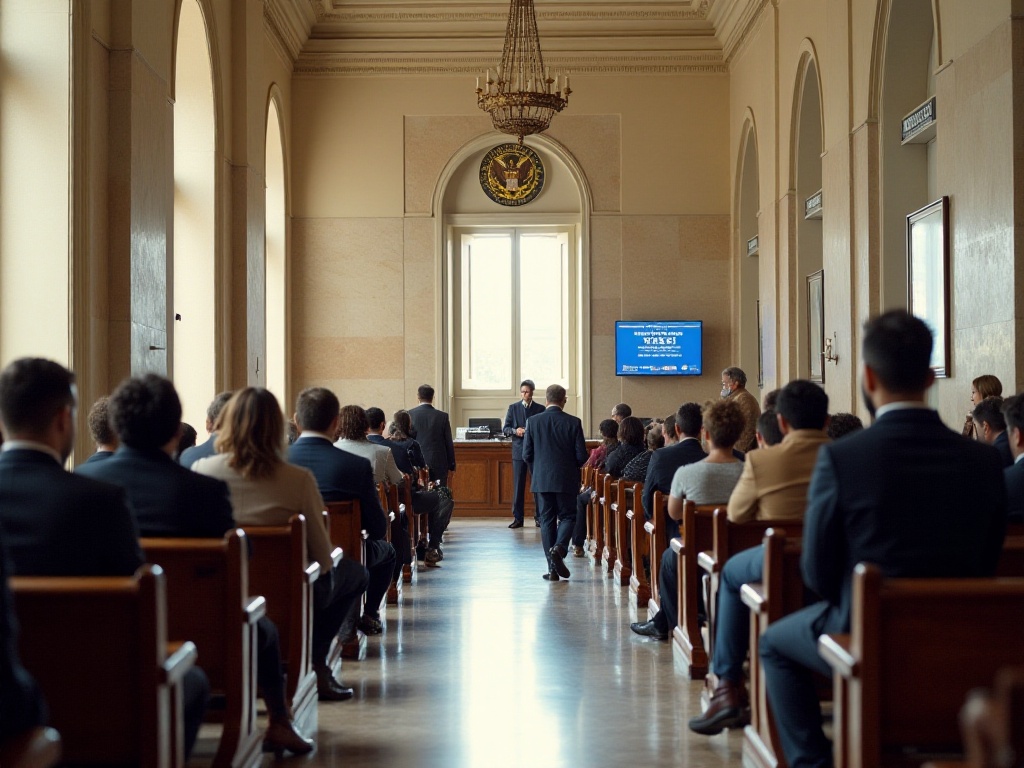
Finally, the interview day arrived - definitely the most nerve-wracking part of the entire visa process.
That morning I woke up at 6 AM, worried about being late due to traffic. Actually, I later realized there was no need to be that early. I arrived at the consulate an hour and a half early and was the first one there. I stood in the cold wind for quite a while before the consulate opened.
After entering the consulate, I discovered the entire process was arranged very humanely. From the moment you enter, there are staff members guiding you at every step, so there's no need to worry about making mistakes. First was security, then submitting materials, followed by waiting for the interview. The entire waiting area was also set up very comfortably, with air conditioning, seating, and water dispensers - completely different from the oppressive atmosphere I had imagined.
While waiting, I observed that all the applicants around me were nervous, some constantly reviewing their materials, others quietly practicing English. Honestly, seeing everyone else so nervous made me feel better - at least I wasn't alone in my anxiety.
Finally, it was my turn for the interview. When I walked up to the window, my heart was racing at nearly 180 beats per minute. But when I saw the visa officer, I suddenly became inexplicably calm. Because I realized the visa officer was just a very ordinary young person, probably just in their early thirties, and wearing a friendly smile.
The entire interview process was super short, not even 3 minutes. The visa officer asked me a few basic questions in English:
"What do you plan to do in the United States?" I answered that I was going for tourism and to visit a few universities.
"How long do you plan to stay in the United States?" I said I planned to stay for about two weeks.
"Where do you currently work?" I truthfully told them my company name and position.
Just these three simple questions, and then the visa officer said in Chinese: "Your visa has been approved." Honestly, I was a bit stunned at the time, thinking: "That's it? It's over already?" It felt so much simpler than I had imagined.
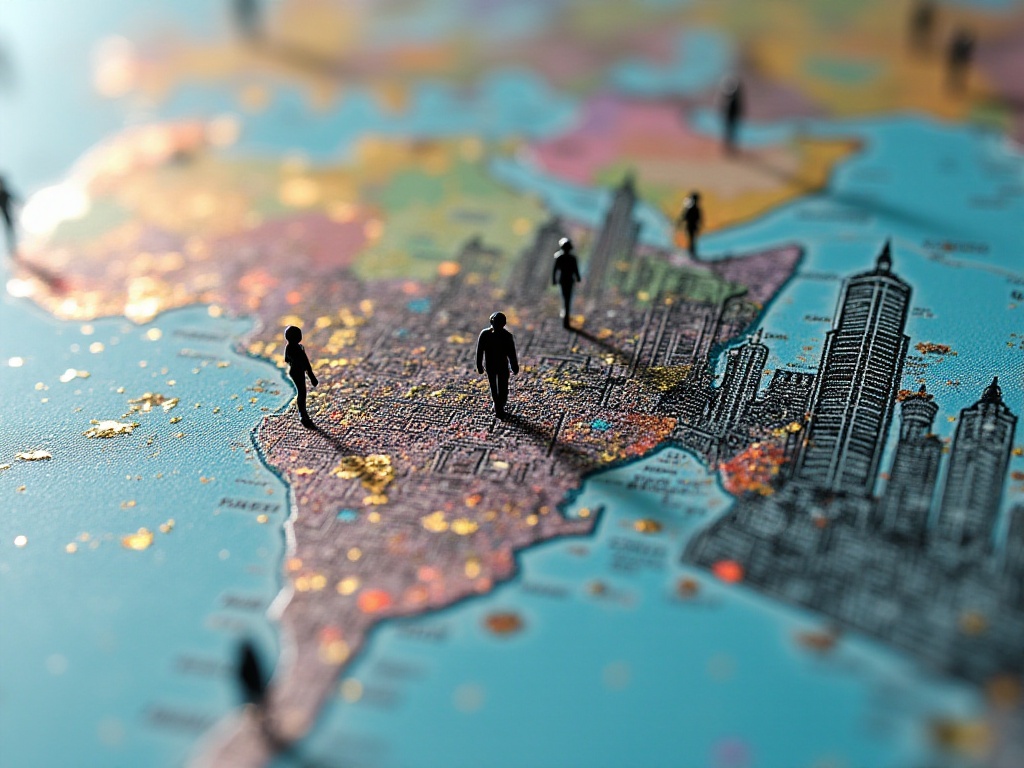
After this interview experience, I feel it's necessary to share some practical advice with everyone.
First, let's talk about dress code. I had previously seen many people online saying you must wear formal attire for the interview, but based on my observation, this advice is a bit excessive. That day I wore a light blue shirt with beige casual pants and a dark casual blazer, looking clean and neat without being too formal. I observed other successful applicants, and most people also chose business casual style clothing.
Regarding preparation for interview questions, I suggest not being too fixated on memorizing standard answers. Because everyone's situation is different, and visa officers ask different questions. The most important thing is to prove two points: first, that you have stable work and income sources in your home country; second, that you have sufficient reasons to return after your visa expires.
I just naturally expressed my situation at the time. For example, when talking about work, I not only mentioned my position but also the project I'm currently responsible for, making it more convincing. As for reasons to return, I mentioned my newly purchased house that's being renovated, and that my company is preparing an important project - these are all very concrete reasons.
Attitude adjustment is also particularly important. While in the waiting area, I observed that many rejected applicants were often too nervous, causing them to stutter when answering questions, and some couldn't even answer basic questions. Actually, visa officers are just regular people, and they prefer to see real, natural responses rather than perfectly memorized standard answers.
When preparing English responses, I suggest practicing oral expression, but don't deliberately pursue using very sophisticated vocabulary. It's fine to express yourself clearly using simple words, after all, the visa interview isn't an English proficiency test. I used very simple vocabulary to answer questions but spoke slowly to ensure clear pronunciation, which actually gave an impression of being calm and reliable.
Regarding interview time selection, I think 9-11 AM is the optimal period. During this time, visa officers are most energetic and in good spirits. Also, the flow of people during this time period is usually even, not particularly crowded.
I observed that applicants in the first morning session are often more nervous because everyone hasn't fully adjusted to the environment yet. By afternoon, visa officers might appear somewhat tired from continuous work, making the interview atmosphere less relaxed than in the morning.
Another small discovery: it's best to avoid times around lunch. During these times, visa officers might seem more rushed as they want to quickly finish their work before lunch. While waiting, I noticed that near lunchtime, the interview pace noticeably quickened.
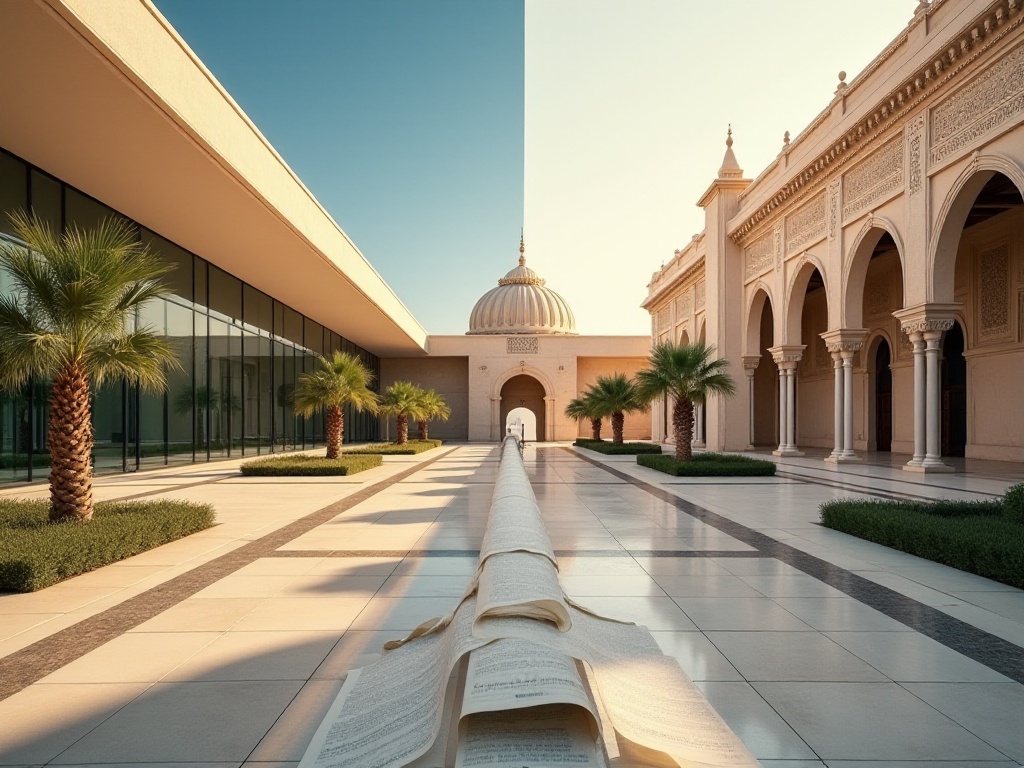
This interview experience brought me not just a visa, but more importantly, a completely new understanding of the entire process. I realized how humanely designed the U.S. visa system is, how approachable visa officers are, and how relaxed and pleasant the whole process can be.
While in the waiting area, I met several other applicants who were also there for interviews. We shared experiences and encouraged each other, creating a warm feeling of being in it together. Later, we even created a small group chat to occasionally share our travel plans and experiences.
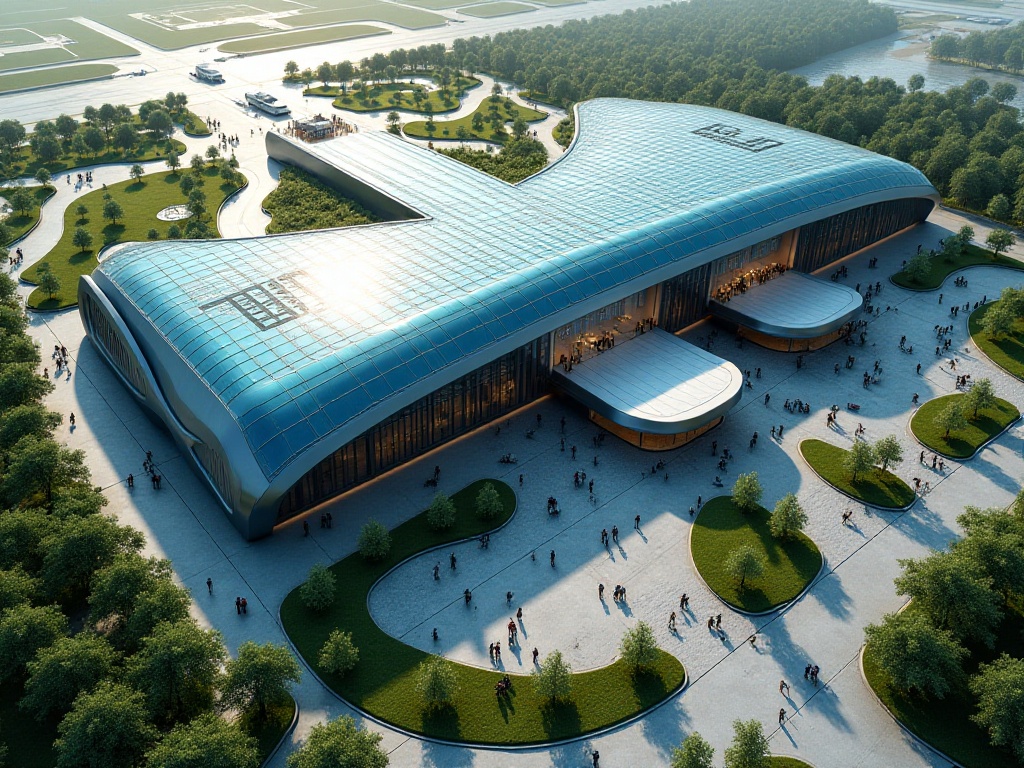
After this interview, my biggest realization is: U.S. visa interviews really aren't as scary as we imagine. As long as you prepare your materials thoroughly and maintain a sincere, natural attitude, the chances of success are actually quite high. The most important thing is to adjust your mindset and treat it as a normal conversation.
When you think about it carefully, the visa officer's job is to ensure visitors are genuine and credible, and won't pose security risks or illegal immigration risks to the United States. As long as we can prove this through our presentation, passing the interview isn't actually difficult.
If you're also preparing for a U.S. visa interview, I hope my experience can provide some inspiration and help. Remember, stay genuine, stay natural, and everything will go smoothly. Of course, if you have any specific questions, feel free to discuss them anytime. After all, with these things, it's never wrong to learn from others' experiences - it might help you avoid some unnecessary detours.
Finally, I wish every friend preparing for a U.S. visa interview success. Remember, you're braver than you imagine, and the visa interview is much simpler than you think!
 Previous
Previous

